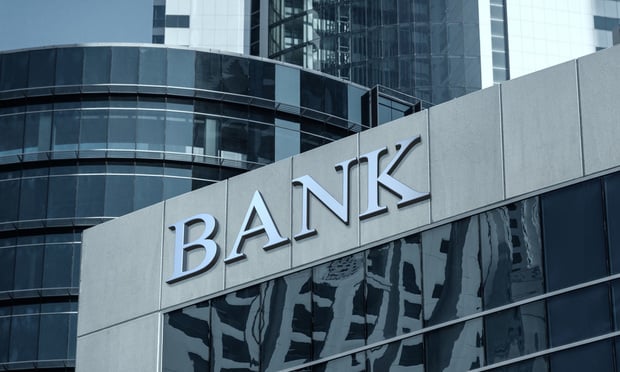With the start of the new year, itis the start of the change in the euphoria of 2015 and prior in CREvalues. The party ended. We are not going to have any crash, norany serious defaults, but what we are going to experience is theclassic ending of the cycle, and a slowdown in happy days ofsteadily rising values. As I have discussed in earlier rants, everycycle ends and it is simply how badly that happens, and what to do.Numerous of my friends in the business who I consider very smartand experienced, have been net sellers over the past severalmonths. Prices, even in secondary markets have reached the pointwhere people like me can't justify chasing bids any longer. We lostfour deals in 2015 to what we and even sellers brokers consideredto be bids that simply were ridiculous. It proved to us once againthat staying disciplined is key to not being hurt in later years when thedeal does not work as rates rise, rents top out, and capital sitson the sidelines waiting for the next downturn. Cap rise over time,interest rates rise as they have begun to do, and the economystalls out. Now we even have preemptive steps by the regulators tomake it very clear to all that there needs to be a materialtightening of underwriting and a lowering of leverage, just asrates rise. That is a deadly combination for stalling out of risingvalues.
It has been the combination ofalmost free loan money on an after tax basis, and a flood offoreign capital into the US seeking a place to hide and to enjoythe rising dollar. While there is still the strong desire forforeigners to bring money here, the situation has changed in someplaces. Russian capital is pretty much disappeared and that countrysinks into deep recession and the oligarch's money is eitheralready here or is needed to shore up failing business empires backhome. Japanese capital is not rushing here since that economy issomewhat stabilized and the Japanese have alternatives at home orin South Korea and other places. Additionally the US no longeroffers the cash on cash yields of prior years and the whole bidprocess here has become distasteful; and unnerving to Japanese wholike deals under control and more certain. China is in seriousproblems now, and many who had made good profits and had excesscapital, are now in default on their shadow bank loans. In addition, thecombination of the corruption crack down, and the very ramped uppaperwork you need to get capital out has caused many potentialChinese investors to either not have the cash any longer or to beafraid to let it show for fear of going to jail- or as they say inChina- of disappearing. It is hard to know just what the Chineseflow of capital to the US will be as there are now various thingshappening that will constrain it flowing here as it might otherwisehave done.
Continue Reading for Free
Register and gain access to:
- Breaking commercial real estate news and analysis, on-site and via our newsletters and custom alerts
- Educational webcasts, white papers, and ebooks from industry thought leaders
- Critical coverage of the property casualty insurance and financial advisory markets on our other ALM sites, PropertyCasualty360 and ThinkAdvisor
*May exclude premium content
Already have an account?
Sign In Now
© 2024 ALM Global, LLC, All Rights Reserved. Request academic re-use from www.copyright.com. All other uses, submit a request to [email protected]. For more information visit Asset & Logo Licensing.








